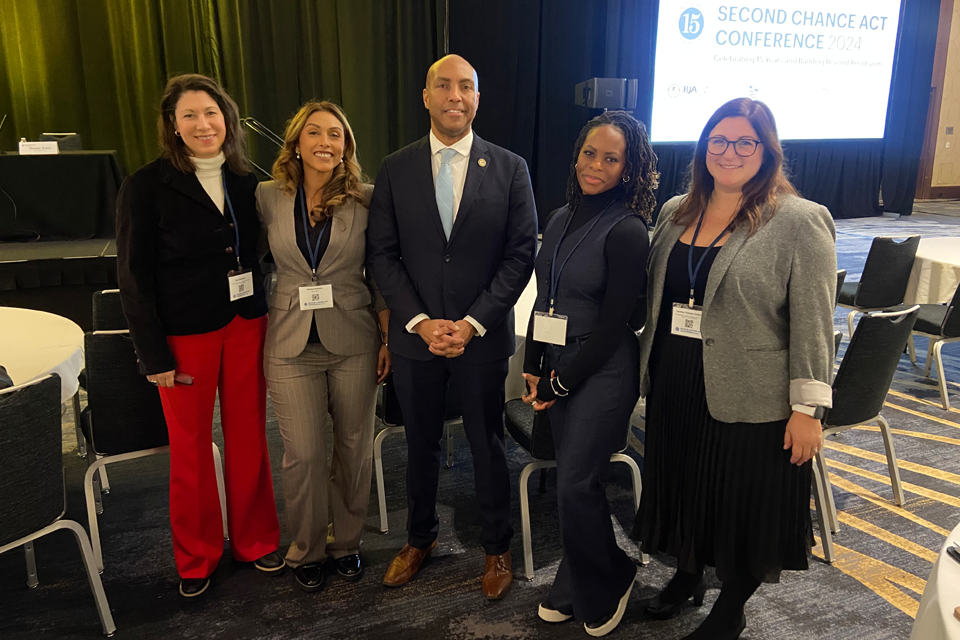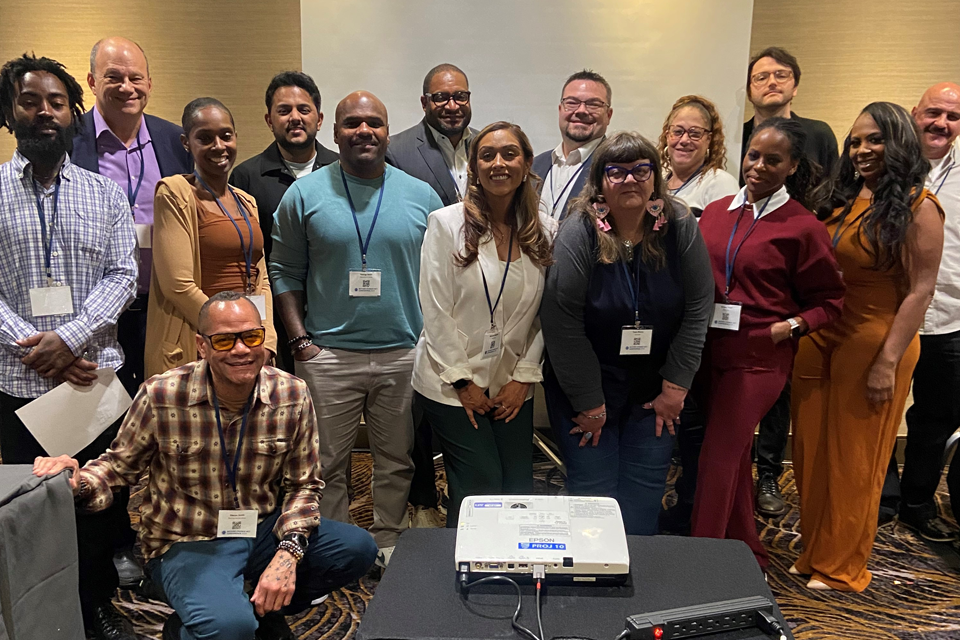Impact Justice: Changing the conversation, and reality, around homelessness
Across the nation more than 650,000 people – roughly the population of Boston or Las Vegas – are without reliable shelter. Many of these individuals are also impacted by the justice system as incarcerated individuals are ten times more likely than the general population to experience homelessness. Each year, more than 50,000 people enter shelters directly from correctional settings. As numerous cities and states across the country pursue penalties for survival activities, like sleeping in public, many of these same individuals are at even greater risk of being additionally criminalized.
Enter Impact Justice, a national nonprofit organization with three main areas of focus: reducing the number of people impacted by the criminal legal system, improving conditions for people who are currently incarcerated and creating conditions that allow people leaving prison to return to their communities in healthy and productive ways. One of the keys to this work is ensuring formerly incarcerated people have safe, stable and supportive housing to return to.
Housing: A fundamental building block for reentry
When a person is released from incarceration, the ability to secure a reliable, welcoming housing solution can make or break their reentry journey. Unfortunately, many individuals released from correctional facilities have no home to return to, or are forced to return to unstable environments, perpetuating the same cycles that led to justice system involvement initially.
Impact Justice’s Homecoming Project leverages the sharing economy model to address this need by matching people recently released from prison with homeowners and other eligible hosts to provide safe and stable housing in the community. In addition to an orientation and training throughout the process, hosts receive a monthly stipend. This funnels additional income into communities, while people returning from incarceration are provided a safe, stable and understanding environment where they can begin to rebuild their lives.
Melanie Robledo, Senior Program Manager for Impact Justice’s National Housing Incubator, knows firsthand the impact housing, or a lack thereof, has on the reentry journey. In the past, she experienced homelessness after being released from incarceration with no resources for housing or mental health.
“We know that people who are formerly incarcerated are ten times more likely to experience homelessness, and we also know that people who are homeless are more likely to end up in the justice system,” Robledo says. “It’s like this revolving door.”
National Housing Incubator: Scaling up solutions
The Homecoming Project at Impact Justice sits within the organization’s broader Housing Lab, which also includes the National Housing Incubator: a program funded by the Bureau of Justice Assistance to support a diverse group of up to twenty organizations seeking to refine or scale their own reentry housing programs across the country. This effort is a central part of BJA’s portfolio to support reentry services in communities nationwide. Impact Justice recently announced six new awardees for National Housing Incubator Funds.
In addition to providing financial support, the National Housing Incubator will also serve as a hub to provide technical and capacity-building assistance.
“We sit at the intersection of innovation and research as it relates to criminal justice,” says Bernadette Butler, Director of the Housing Lab at Impact Justice. “We believe in creative solutions that can be replicated in various local contexts.”
Building on the Homecoming Project and other housing-related initiatives, Impact Justice is focused on scaling their work to touch more communities.
The National Housing Incubator will officially launch later this year.
Beyond housing: A holistic approach
Impact Justice understands every step of a person’s journey through the justice system has a bearing on their reentry success. Their suite of innovative programs also includes work to transform correctional environments, to improve the quality of menopause care behind bars, and to create meaningful employment pathways for people leaving prison.




